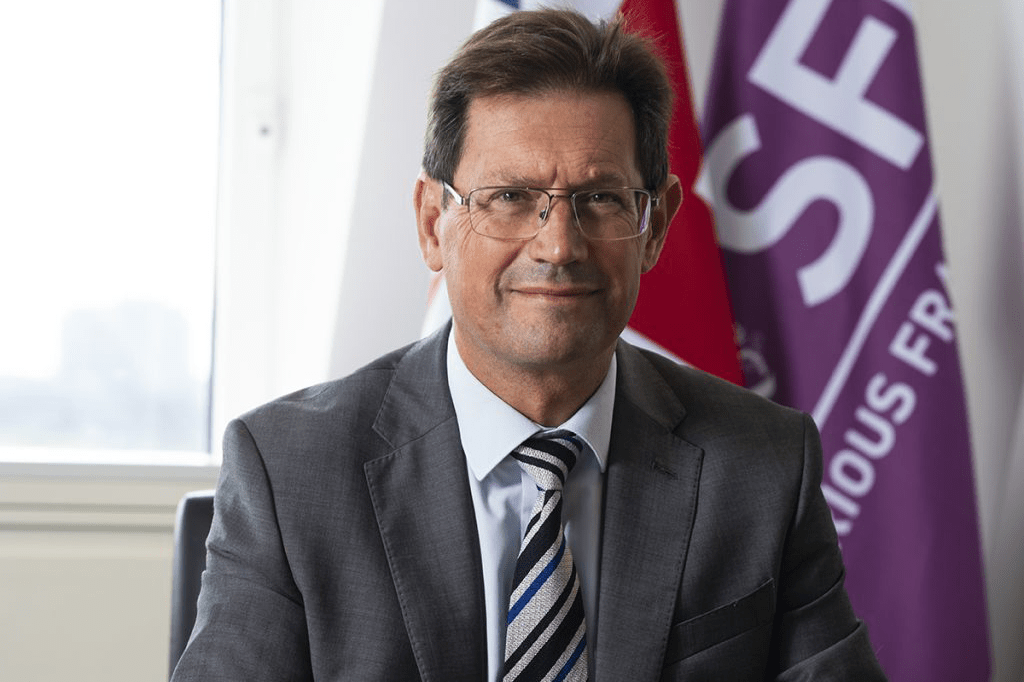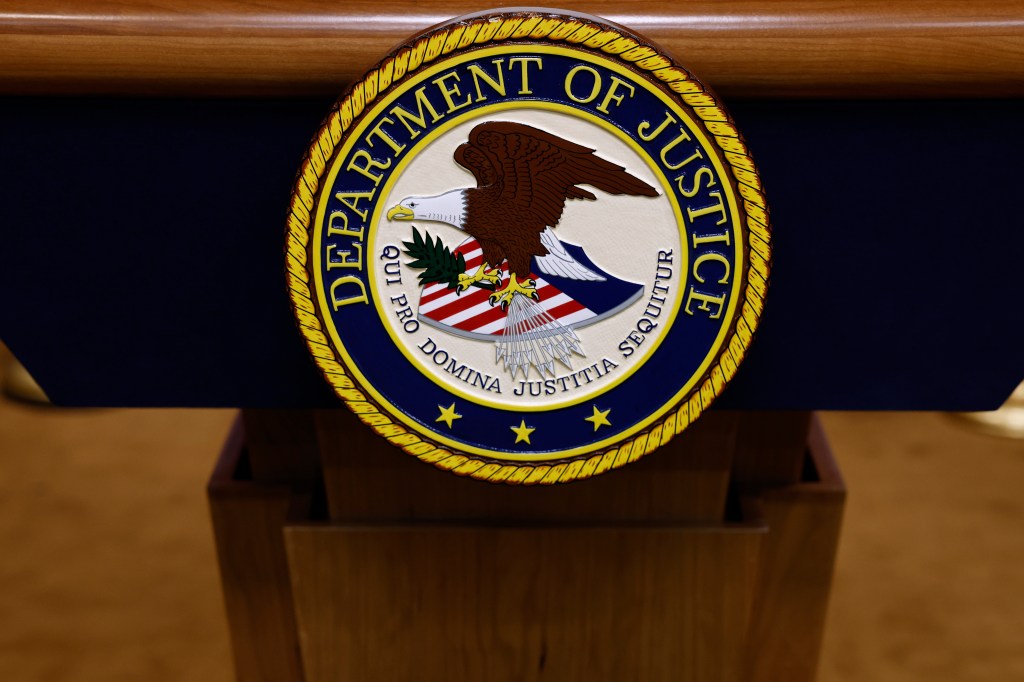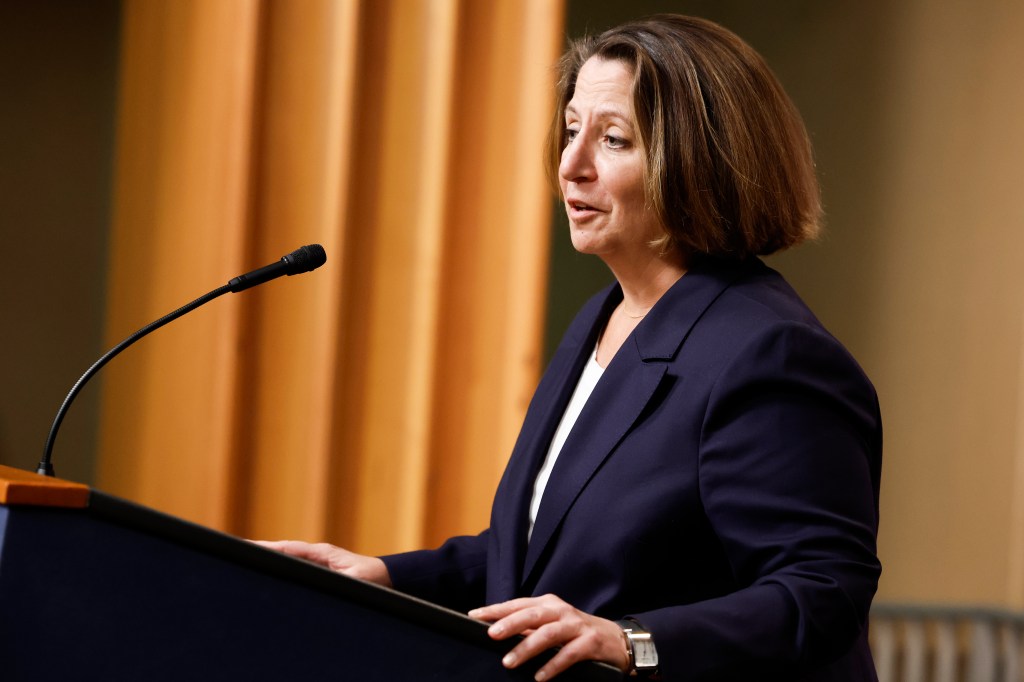Moves to step up efforts to protect sensitive data and technology from foreign adversaries have been signalled by Deputy Attorney General Lisa O Monaco. Scrutiny of foreign investment will also increase, along with the outflow of funds from US investors into foreign companies that may be developing sensitive technologies.
Monaco
Register for free to keep reading
To continue reading this article and unlock full access to GRIP, register now. You’ll enjoy free access to all content until our subscription service launches in early 2026.
- Unlimited access to industry insights
- Stay on top of key rules and regulatory changes with our Rules Navigator
- Ad-free experience with no distractions
- Regular podcasts from trusted external experts
- Fresh compliance and regulatory content every day













